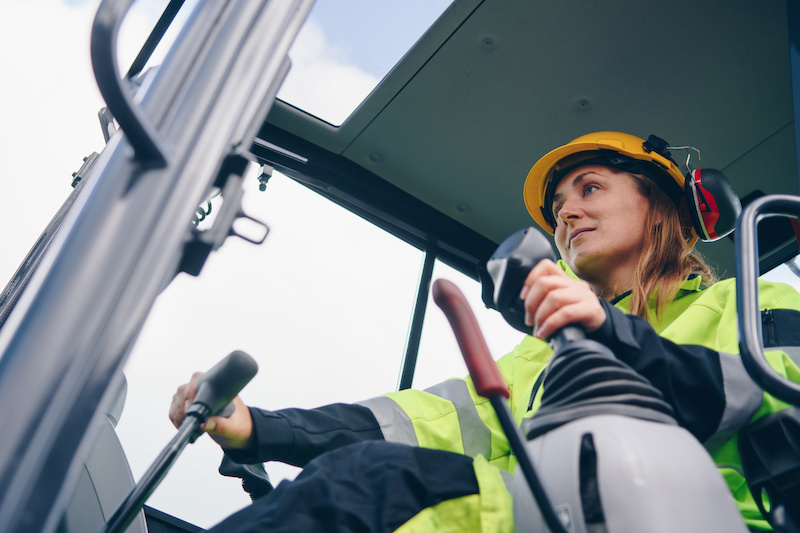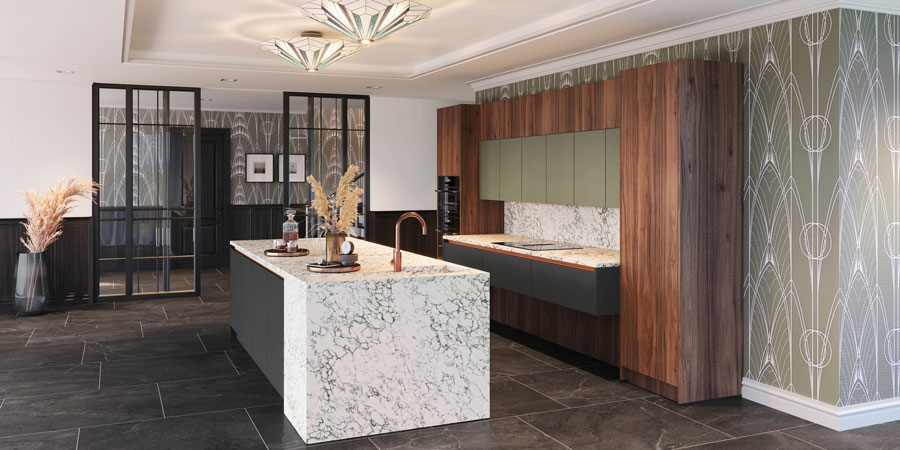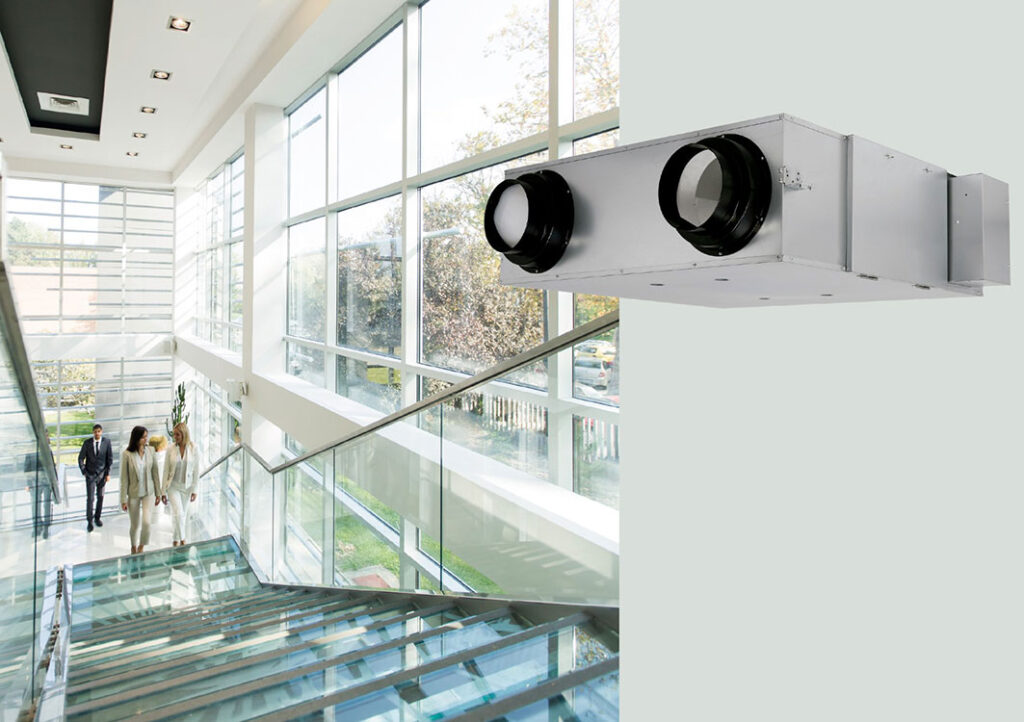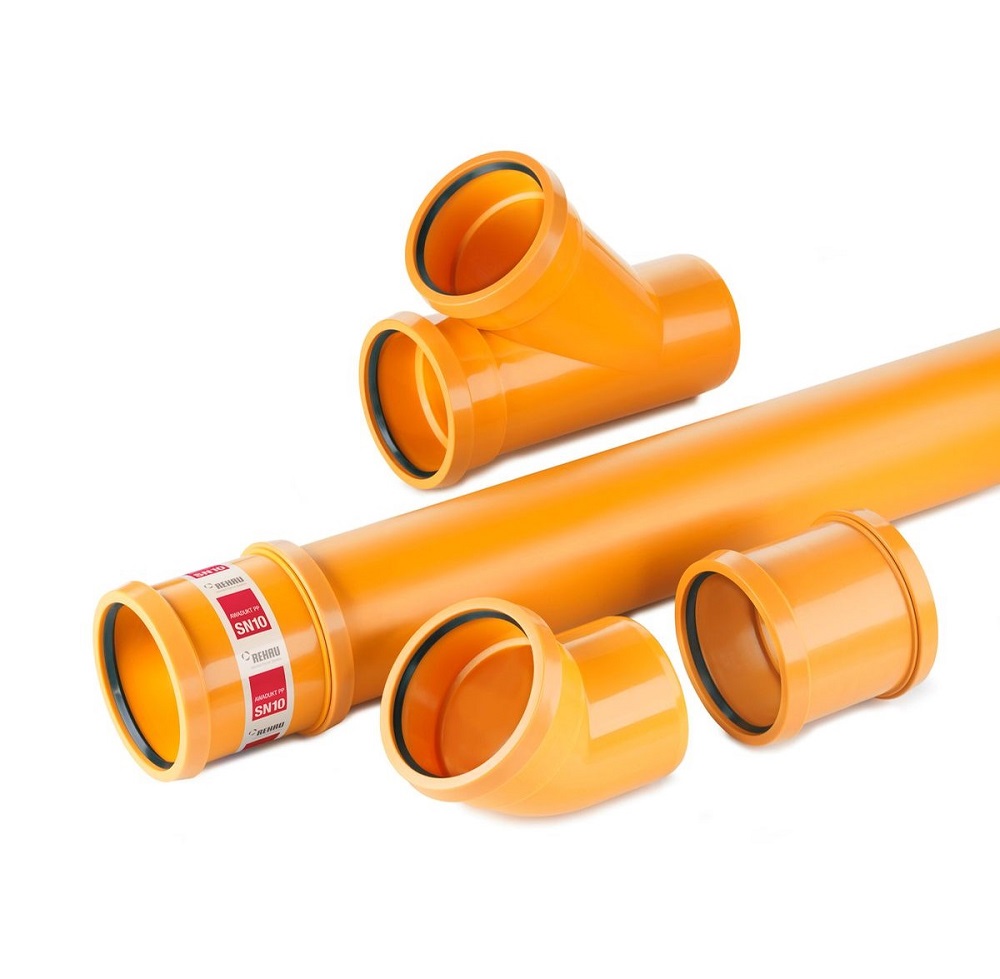61% of construction workers report they don’t think there is a fair representation of women working in the industry

low angle view of Woman driving heavy equipment
A recent survey found that 61% of UK construction workers report they don’t think there is a fair representation of women working in the industry.
Structural Repairs, leading specialists in renovating, strengthening and repairing commercial and domestic buildings, conducted a survey investigating what percentage of construction workers think there is a fair representation of women working in the industry.
The survey consisted of 600 interviewees belonging to a comparable demographic.
“It was astonishingly found that 38.76% of the surveyed individuals reported that they believe there is a fair representation of women working in the construction industry,” said a spokesperson from the business. “On the other hand, 61.24% of respondents reported that they do not believe there is a fair representation of women working in the industry.
“These findings are especially surprising when considering that, out of all individuals working within the construction industry, only 10.3% of those comprised of women. In the same vein, and even more astonishingly, is the fact that only one in every 100 construction employees working on front-line jobs are women. When put into context with the fact that 47% of all employed individuals within the UK are women, it means that the construction industry is only benefiting from approximately 1.25% of women in the workforce.”
Structural Repairs adds that, with these statistics in mind, it can be surprising to find out that such a relatively high number of individuals report they do believe there is a fair representation of women working in the industry.
“It comes into question then why exactly is there such a low number of women working in the construction industry?” the spokesperson continued. “There is a multitude of reasons which contribute to the situation. Firstly, this inequality can be attributed to the overall perceptions and stereotypes which are associated with the construction industry. With only one in 100 women working on construction job sites, it can be understood how the perception that these job roles predominantly suit men has been heavily perpetuated.
“In addition, Easy Build has commented how job advertisements within the industry are known to likewise lack female representation and not target women enough which subsequently makes the industry an intimidating environment for women.
“In a study from The Royal Institute of Chartered Surveyors, it was found that 1/3 of women reported that the fear of sexism has deterred them from endeavouring to work in the construction industry. A further report from Construction News stated that the construction industry has the worst gender pay gap of any UK industry with an outstanding 62% difference in pay between men and women.
“Moreover, all of the aforementioned reasons not only deter a woman from working within the construction industry but means that women are likewise deterred from becoming skilled in this area and thus consequences in women not being skilled enough to work in construction.”
They add: “It seems that both public and private bodies, such as the government, educational organisations, construction companies and beyond, could be doing more in order to tackle the issue at hand. For example, in 2017 the government implemented an apprenticeship levy where construction employers received an allowance of £15,000 from hiring an apprentice. While this was successful in boosting the hiring of students and young people in the industry, such efforts do not address the lack of women in construction.”




















